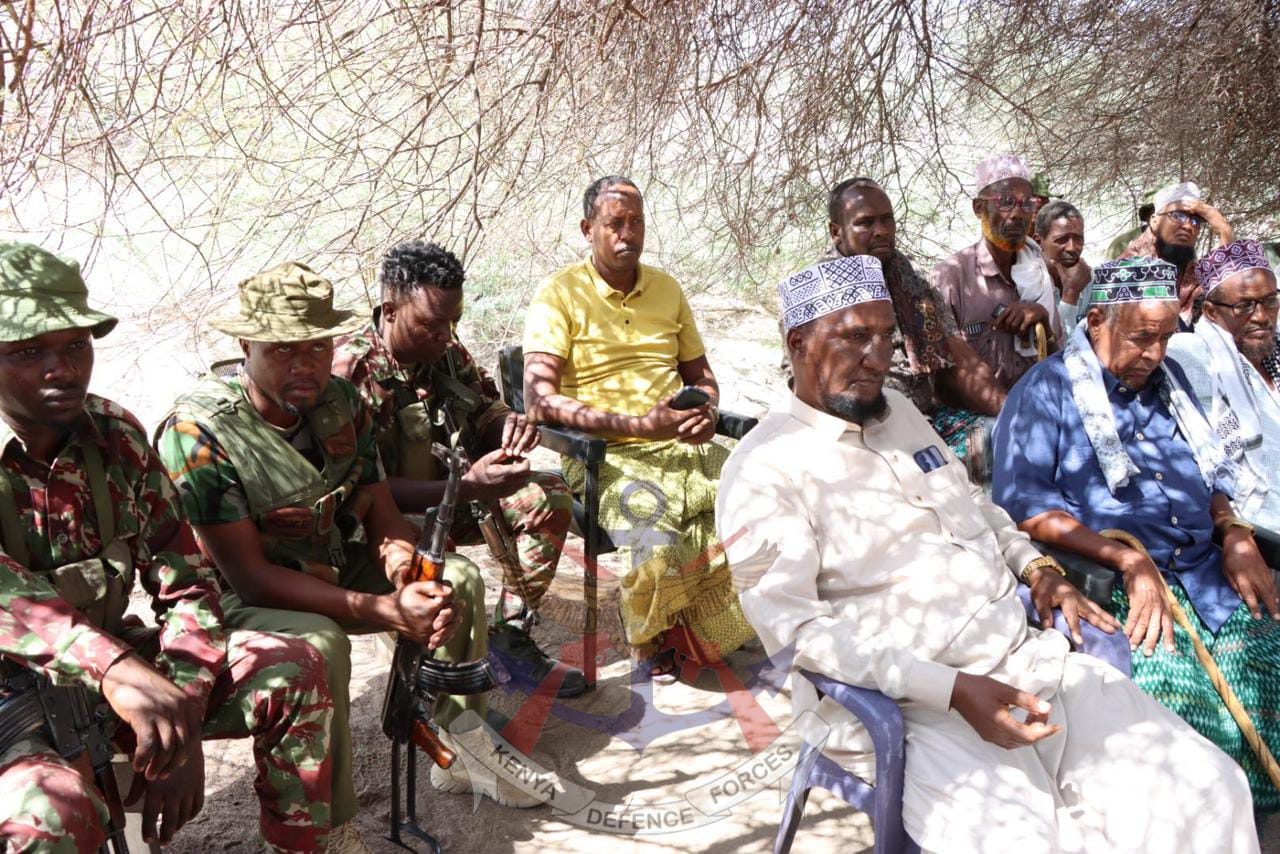Security guards wage dispute moves to High Court

Nine private security companies moved to court in protest over the directive by the PSRA to raise the minimum monthly wage for guards.
The battle against the implementation of the new security guards' pay has moved to the High Court after the Employment and Labour Relations Court dismissed it on Wednesday.
On Thursday, the Protective and Safety Association of Kenya (PROSAK) and the Protective Security Industry Association (PSIA) said they are committed to using constitutional and legal avenues to challenge what they referred to as "illegal pronouncements" by the Private Security Regulatory Authority (PSRA).
More To Read
- New digital platform connects private security guards directly with clients
- Employers must pay security guards at least Sh30,000, court rules after dismissing petition
- President Ruto reappoints Nyange as PSRA Chair as CSs restructure key ministries
- Regulator pleads for state intervention as G4S plans to sack 400 workers
- Dangerous job without weapons: Security guards' struggles as anti-state demos turn violent
- PSRA proposes amendment of law to arm security guards in high-risk situations
"The associations will continue to seek legal avenues to stop the PSRA's minimum wage bill and illegal license cancellations, which pose a significant threat to the survival of many private security companies in the country. Currently, this case has been moved to the High Court. We are confident that justice will soon prevail as we continue to explore all available options to promote fairness among all stakeholders and bring sanity to the private security sector," the two associations said in a joint statement.
Last week, nine private security companies moved to court in protest over the directive by the PSRA to raise the minimum monthly wage for security guards, citing tough economic conditions that threaten to cripple the industry if the directive is implemented.
The authority drafted a legal commitment form requiring directors of private security firms to sign committing to pay guards operating within Nairobi, a basic minimum wage of Sh30,000 and Sh27,183 for those operating outside the Nairobi metropolitan area.
Last week, the petitioners (Victory Protective Services Africa Limited, Victory Consultants Limited, Bedrock Security Services Limited, Senaca East Africa Limited and Marco Security Limited) alongside Hipora Security Solutions Limited, Salama Fikira International (Kenya) Limited, and Superb Marketing Solutions Limited were deregistered for failing to adhere to the requirement.
In their suit, the petitioners argued that the directive has put its clients in panic mode, with some now issuing notice of withdrawal of their guards and termination notices, which runs them the risk of losing business and rendering many guards jobless.
Justice Anna Ngibuini Mwaure said the suit does not stem from an employer-employee relationship or involve a trade union, an employer's organization, a federation, the registrar of trade unions and/or the Cabinet Secretary or any office established or such purpose.
She, however, dismissed the petition on grounds that the companies failed to prove how the regulator's move was illegal but referred the matter to the High Court, citing jurisdiction restrictions.
"The jurisdiction of this court is limited to disputes relating to employment and labour relations as enshrined under Article 162 (2)(a) of the constitution and this does not reflect in the instant case," she added.
Top Stories Today















































